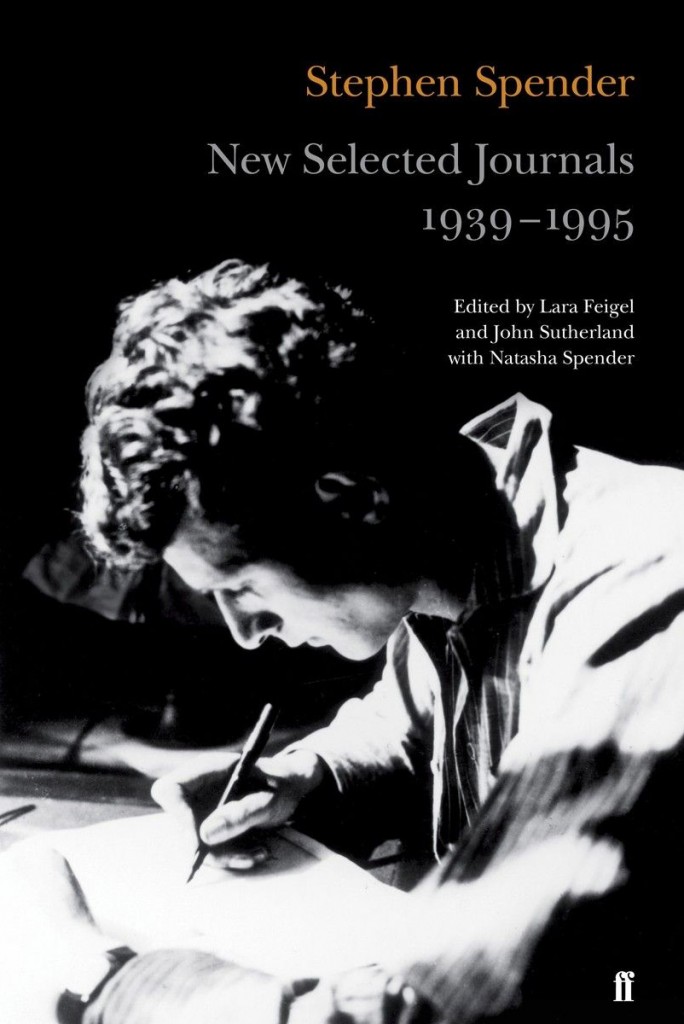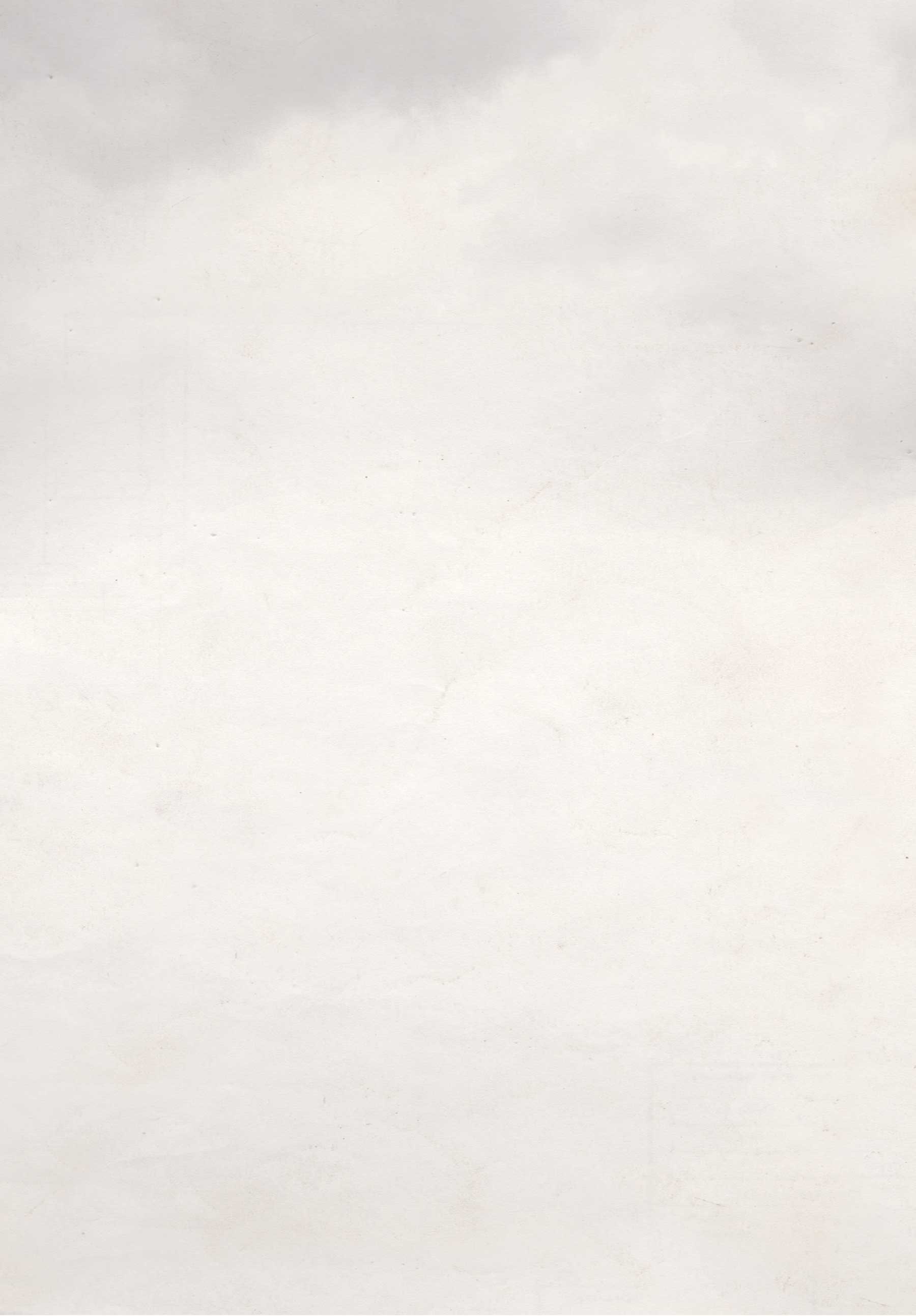
‘This new edition of his diaries, 1939 to 1995, has abundant evidence of his conflicting qualities, and is enough to suggest that diaries are his forte, or best vein… Lara Feigel’s introduction deals well with Stephen Spender’s troubles and struggles, which it would be harsh to make light of – with what became of his art and with what became of his heart, as it grew old.’
Karl Miller, London Review of Books
‘This meticulously edited and comprehensively annotated new selection from Spender’s journals focuses less than the equally indispensable 1985 edition on Spender’s “thoughts about poetry”. It foregrounds “the more intimate thoughts and feelings of the private man” and his work as a public intellectual – co-editing Encounter, until it was revealed to be CIA-funded, serving as a Unesco literary counsellor, prompting the founding of the noble Index on Censorship, and contributing to countless high-minded committees, conferences, seminars and debates… welcome, engrossing and timely’
Dennis O’Driscoll, Irish Times
‘Feigel and Sutherland’s judicious editing of this impeccably annotated New Selected Journals helps us better understand the mixture of compassion and ambition jostling behind Spender’s enigmatic mask as the wisest fool in literary London.’
Jason Harding, London Magazine
The New Selected Journals of Stephen Spender
Edited by Lara Feigel and John Sutherland; Faber, 2012
Buy nowPrivate faces in public places
Are wiser and nicer
Than public faces in private places.
W.H. Auden, dedication to Stephen Spender, 1932
Stephen Spender wrote almost a million words of journal entries between his September Journal in 1939 and his death in 1995. In choosing from these voluminous journals for the new edition, the editors have tried to provide a picture of the various lives Spender brought together in autobiographical form.
The earlier 1985 edition of the Journals was overseen by the author, and it privileged his thoughts about poetry – his own and other people’s. The new edition includes the final ten years of Spender’s life and provides access to the more intimate thoughts and feelings of the private man, but equally documents his life as a public intellectual who played a part in shaping the European literary and intellectual culture of his age.
As we look back on the dramatic events of the twentieth century, we find that Spender was involved in many of them: the reconstruction of Germany and the construction of Europe (as Unesco’s first Literary Councillor), the development of the cultural Cold War (as editor of Encounter), the founding of Israel, the anti-Vietnam movement in America. The Journals provide a personal version of sixty turbulent years of the twentieth century, hovering between diary, autobiography and history.

